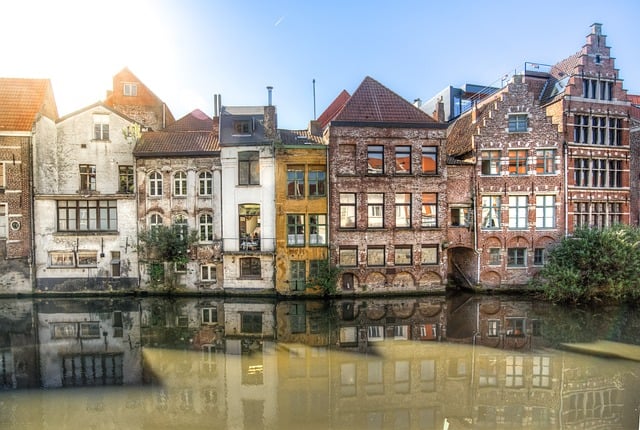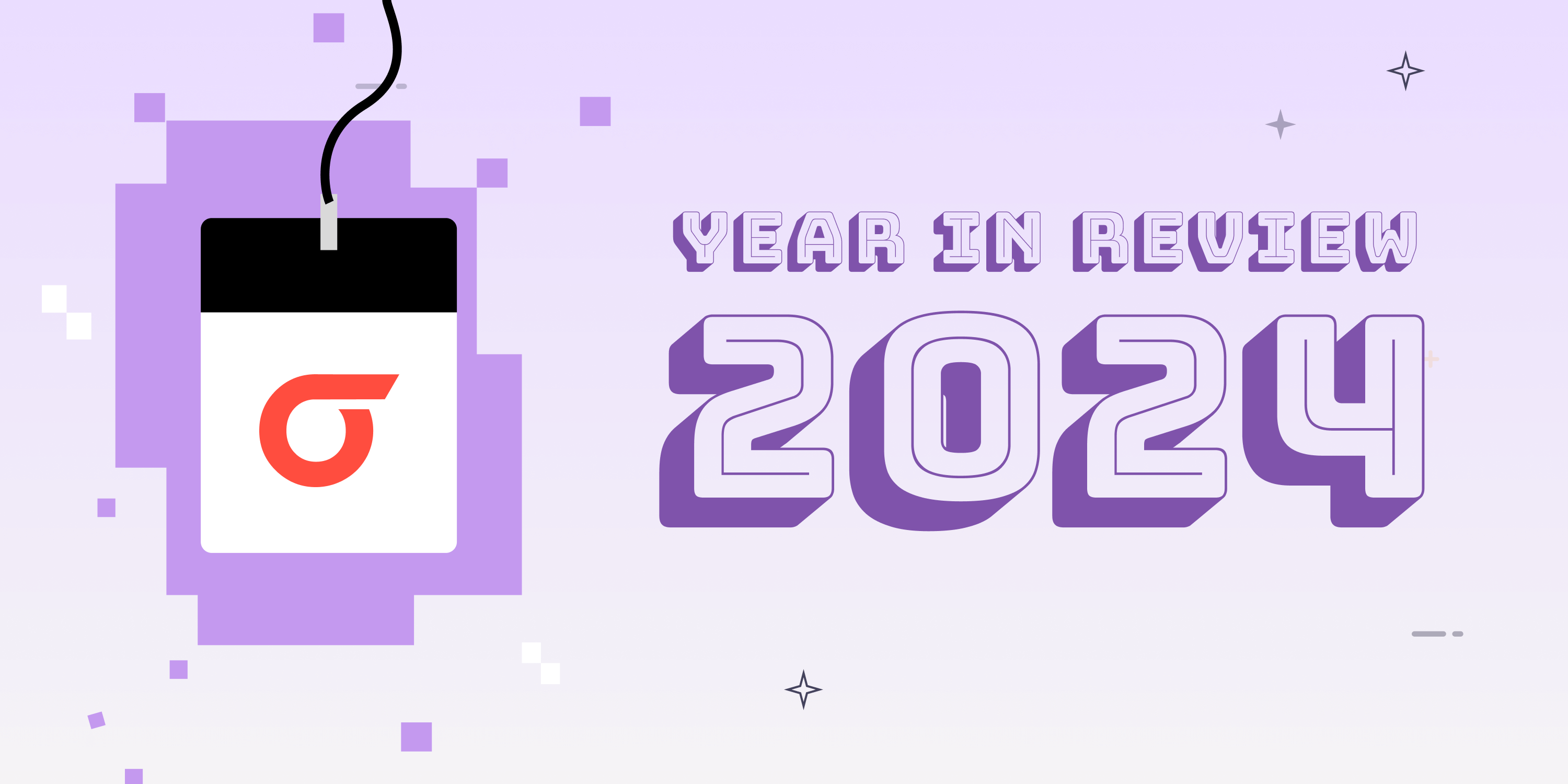Earlier this week, the head of the EU’s border agency Frontex confirmed she had read a confidential EU report into a litany of abuses carried out by the Warsaw-based agency — but still maintained Frontex had followed all the rules during operations off the Greek coast.
-
EU leaders show their support to Greece after thousands cross from Turkey in early 2020 (Photo: European Union)
The 123-page report provides a sobering read into an agency whose leadership under the ousted Fabrice Leggeri appeared increasingly corrupted by power whilst having a private disdain for human rights oversight.
WhatsApp exchanges between senior Frontex officials offers a peek into a culture that likens the human rights oversight under their Fundamental Rights Officer to a Khmer Rouge dictatorship led by mass murderer Pol Pot.
“And all we have to do is confirm that [redacted] is the first Frontex [redacted] that reports everything to NGOs and causes Khmer Rouge terror to reign in the agency,” says one message, cited in the Olaf report.
The rights officer is duty bound to investigate any possible violation but was being trapped in a deliberate information vacuum. This was further highlighted in an internal meeting on September 2020, held between different departments within the agency.
The exchanges also describe people working for the rights officer as Leftist outsiders. “You might meet them, talk to them on the corridor and be friendly but [redacted] is not one of us,” they said.
The comments directly contradict Leggeri’s public statements on the importance and respect of fundamental rights within the agency.
“We are developing and improving of course the monitoring of the fundamental rights,” he had said in December of last year, only months before he was forced to resign.
A political public tool
The transformation of the agency into one that polices first, and asks questions later, was years in the making.
Already in 2018, at a time when he would still hold press conferences at the agency’s office in Brussels, Leggeri described Frontex as a law-enforcement body.
Only weeks earlier he had severed the Fundamental Rights Officer’s access to Eurosur, the agency’s border surveillance and information-management tool.
Three years later in February 2021, he told a panel event, alongside European Commission vice-president Margaritis Schinas, that the agency was at “the service of the political public of the European Union when it comes to the borders and migration.”
If that political public appeared willing to bend rules designed to maintain the vestige of so-called European values, then Leggeri and other senior Frontex cohorts had succeeded.
Schinas, whose main portfolio at the European Commission is “promoting our European way of life”, described Frontex as the “centre of gravity” for his recently published EU asylum and migration reforms.
The commissioner, himself from Greece, also threw his full support behind Frontex and demanded that its proposed 10,000 armed border guards be rolled out as soon as possible.
By then, Olaf had already launched its investigation into Frontex, whose annual budget had by now ballooned to over €750m from an initial €6m.
In October of 2020, Olaf received notice that the Frontex leadership had witnessed illegal pushbacks, sidelined its fundamental rights officer, humiliated its own staff members, and tried to cover up other violations.
Greece and Turkey
That notice followed a decision by Greece, in early 2020, to temporarily shelve asylum applications, after Turkey helped usher thousands of people across its shared land border.
At the time, European leaders, including Council president Charles Michel and Commission president Ursula von der Leyen, went to Greece to show their support for Athens.
“I thank Greece for being our European ‘ασπίδα’ [shield] in these times,” said von der Leyen at the time.
But reports of abuse by Greek authorities soon emerged, including beatings and other humiliations of people seeking asylum.
Some had been stripped of all their possessions and then towed out on rafts by the Hellenic Coast Guard, into Turkish waters.
In December of that same year, Leggeri would tell European lawmakers that EU rules [656/2014] allowed for boats to be intercepted at sea and then “invited to change course”.
The comment came after the Greek government in March 2020 decided in a national security council meeting chaired by the prime minister to push for interceptions.
“[It] means that some cases the migrant boats can be instructed not to stay in the territorial waters or not to enter,” said Leggeri.
But the Olaf report offers further details, noting for instance that there were cases where people had already disembarked on Greek shores in so-called ‘ghost landings’.
Others had been denied their rights to seek asylum — in breach of EU rules and the charter of fundamental rights, posing wider questions on the rule of law.
Media outlets including LightHouse Reports, Der Spiegel, and Bellingcat, said Frontex had been implicated in those pushbacks.
In one case, they revealed that an asylum seeker from Syria, along with a group of other people, had landed on the Greek island of Samos on 28 April but were then apprehended by Greek security forces and towed out on a rubber dinghy to Turkey.
They said that a Frontex surveillance plane had witnessed these events unfold.
But when queried about it, Leggeri told MEPs that there had been no Frontex flight on that night, shedding doubt on the journalists.
“This was a Frontex flight on the 28 and 29 April, so this was an alleged contribution to a pushback, in fact there was no Frontex flight on that night,” he said.
Yet the Olaf report confirms that there had indeed been a Frontex surveillance flight on 28 April.
The report says the plane had recorded “a small fibre glass migrant boat with approx. 8 or 9 migrants on-board, being towed by a HCG [Hellenic Coast Guard] vessel.”
And yet the Olaf report then says that the Frontex hierarchy, quoting an unnamed official, had been unaware of the incident.





















Discussion about this post